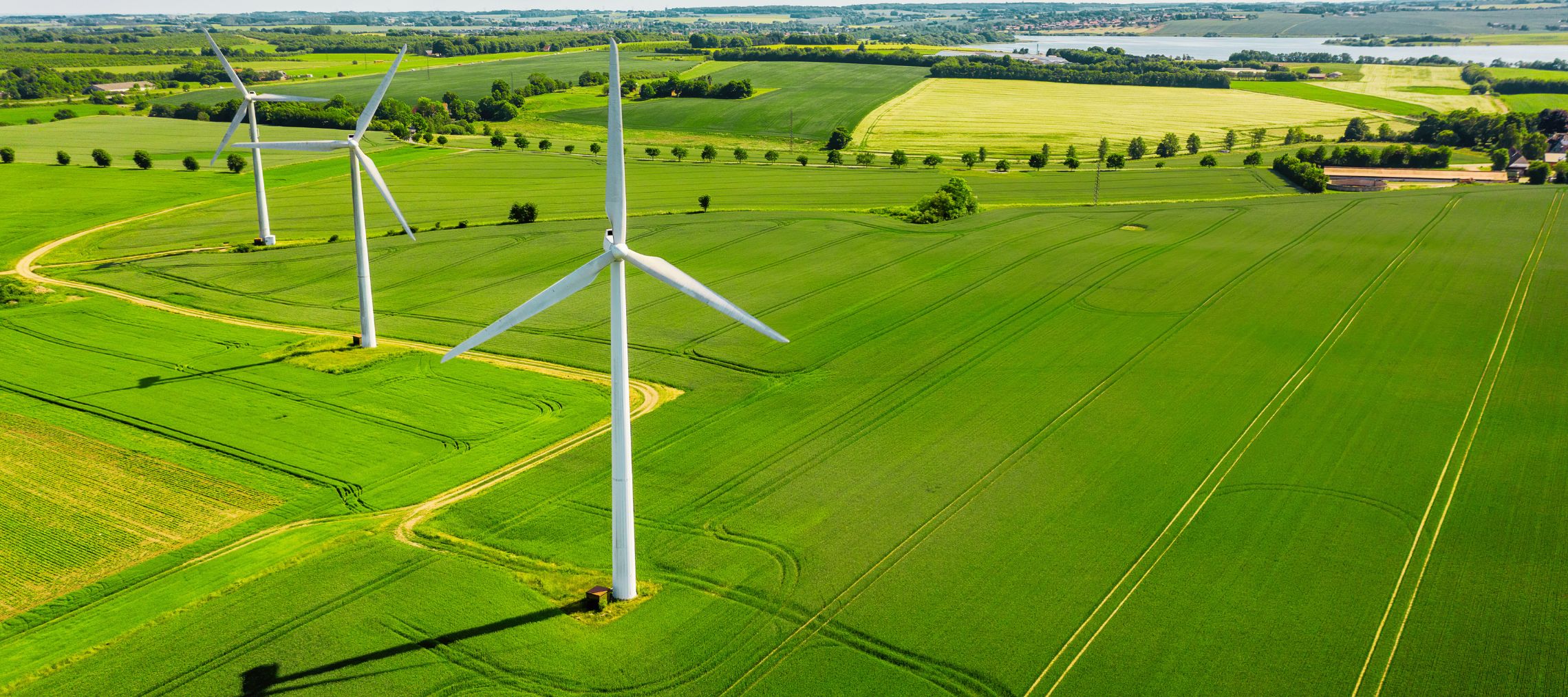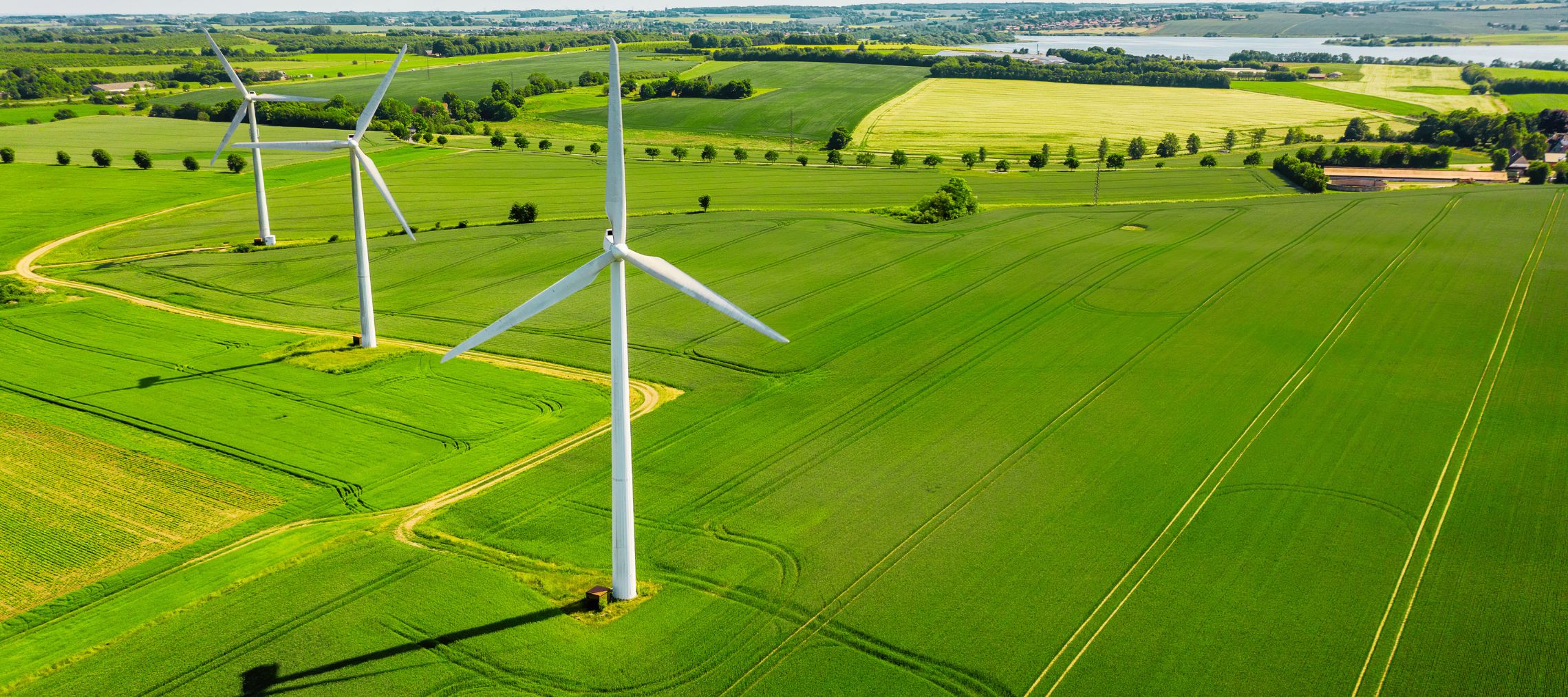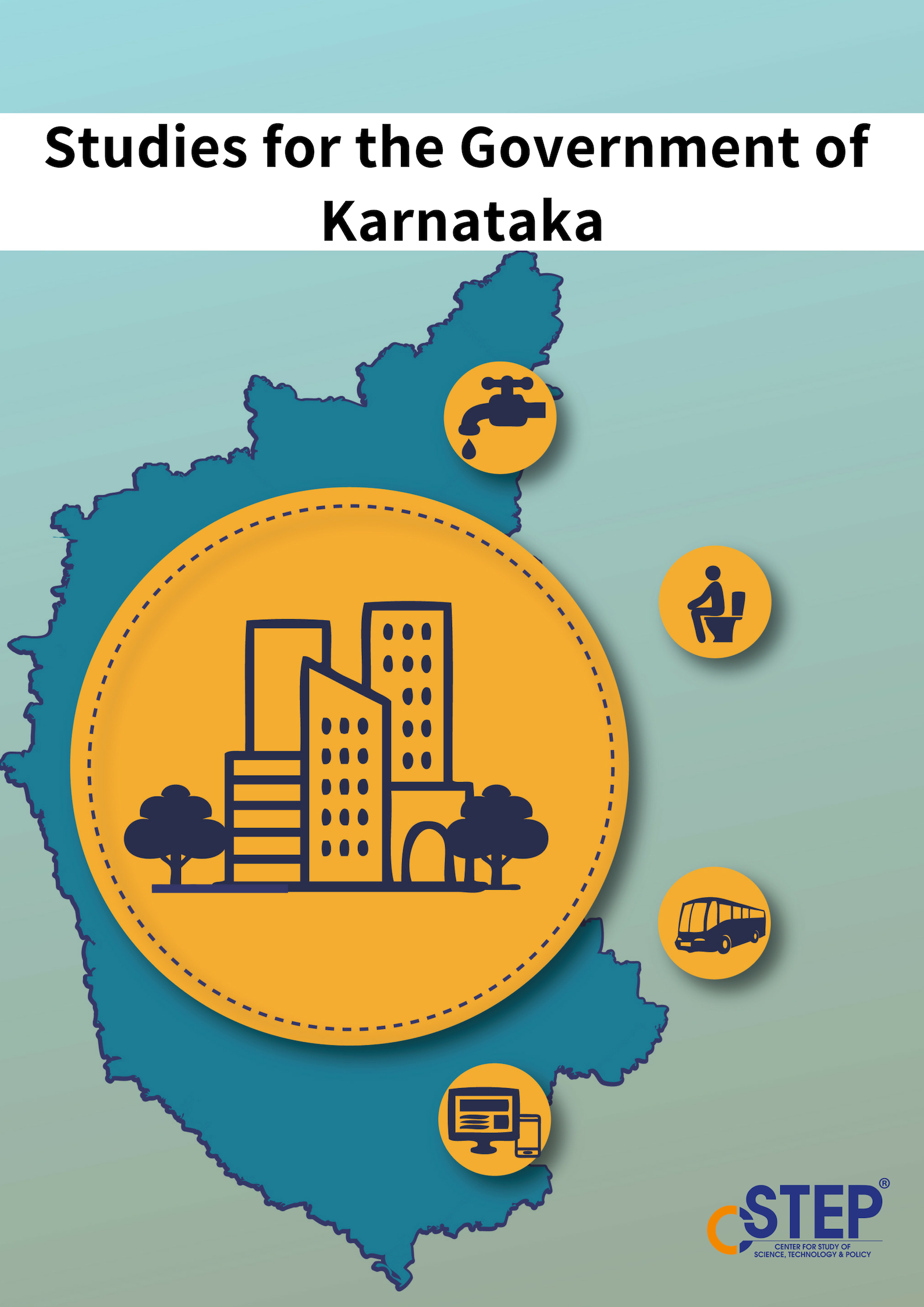Fossil fuels are deeply tied to electricity generation, industrial operations, and transportation among other crucial sectors and cannot be easily dissociated from energy use. CSTEP focuses on a greater integration of renewables and reduction of waste energy in such sectors. This includes working with utilities to improve rooftop solar penetration, mapping potential of various renewables across the country, and analysing energy usage of MSMEs to reduce their fossil fuel consumption.






Electricity sector needs revamp
India is still struggling to come to grips with the devastating spin-offs of Covid-19, including the slump in economy. Like other sectors, the power sector too has taken a severe hit, with lowered electricity consumption due to semi-operation of industries. In fact, the dynamic trading price of electricity fell to a three-year low of 60p recently, an indicator of the drop in demand.
Sowing the seeds of a solar power revolution via agro photovoltaics
Agro Photovoltaics (APV) is a unique model of collocating food and fuel. While safeguarding traditional livelihood, it creates new income avenues for farmers. In this Op-ed, the authors observe that government initiatives such as PM-KUSUM can act as catalysts to take this model forward, empowering farmers along the way.
Deep Decarbonising with Distributed RE Systems
According to Niti Aayog, the demand for energy in India is set to grow from the current level of 5,311 TWh to 18,635 TWh by 2047, an increment of 3.5 times. As demand for energy observes an unprecedented increase, it becomes pertinent to explore novel sources of energy, such as distributed renewable energy systems (DRES).
Progress of Renewables in India Since 2015
In February 2015, the Government of India announced the ambitious target of installing 175 GW of renewable energy (RE) by 2021-22. This target comprises 100 GW solar, 60 GW wind, 10 GW biomass and 5 GW small-hydro. Today, the total installed RE capacity is expected to cross 70 GW and account for around 20% of the country's power generation capacity.
Improved solar power yield: A silver lining in times of COVID-19
The novel coronavirus pandemic has brought the world to a standstill. It has created a lot of uncertainty for many businesses. The outbreak has affected the Indian solar industry, hampering manufacturing and project development. According to CRISIL, 3 GW-solar projects of ₹160 billion are likely to get affected due to delays. This is a matter of concern for Indian project developers. But, amid this gloom, there is a silver lining. There is a lot to discuss about how India has achieved new records in solar power generation.
CSP: A Long-Term Solar Technology
In the race to achieve India's National Solar Mission (NSM) targets, one important solar technology is slowly disappearing. Concentrated Solar Power (CSP), a solar thermal-based technology for power generation, which showed considerable technical potential, is being sidelined. It is losing out due to economics compared to its rival, solar photovoltaics (PV).
India's Tryst with Green Technologies
India ranks ninth overall on Ernst and Young LLP's most recent renewables attractiveness Index. Though solar energy has received much attention from the government, this article takes a look at how the nation has fared in other renewable energies important for environment sustainability.
Bankability of Concentrated Solar Power in India: A Plant-Configuration Case Study in Hyderabad, Bangalore, and Mumbai
This study evaluates options for deployment configurations of current CSP technologies that may decrease the LCOE or exploit other attributes of the technology that could make it a more attractive investment in India (e.g., shift the time of availability).
Bolstering Rooftop Photovoltaic Uptake in Karnataka
The Center for Study of Science, Technology and Policy (CSTEP) entered into a tripartite agreement with Bangalore Electricity Supply Company (BESCOM) and Karnataka Renewable Energy Development Limited (KREDL) to promote RTPV in Bengaluru. CSTEP is using Light Detection and Ranging (LiDAR) technology to obtain aerial images of the city. A helicopter, coupled with a LiDAR system, flew over the city to map the RTPV potential. The flights covered almost 1,100 sq. km and captured high-resolution images, including topography, buildings and trees.
Solar Energy Integration
This chapter covers the integrated analysis component of the program, which provided a critical resource to help define the optimal research agenda. This work includes assessing the solar resource across the various climate zones in India and a coupling of this to the technology roadmaps in India and the United States. The analysis was coupled with mapping optimal site selections for diverse applications of photovoltaics (PV) and concentrated solar power (CSP) from village power to national grid.